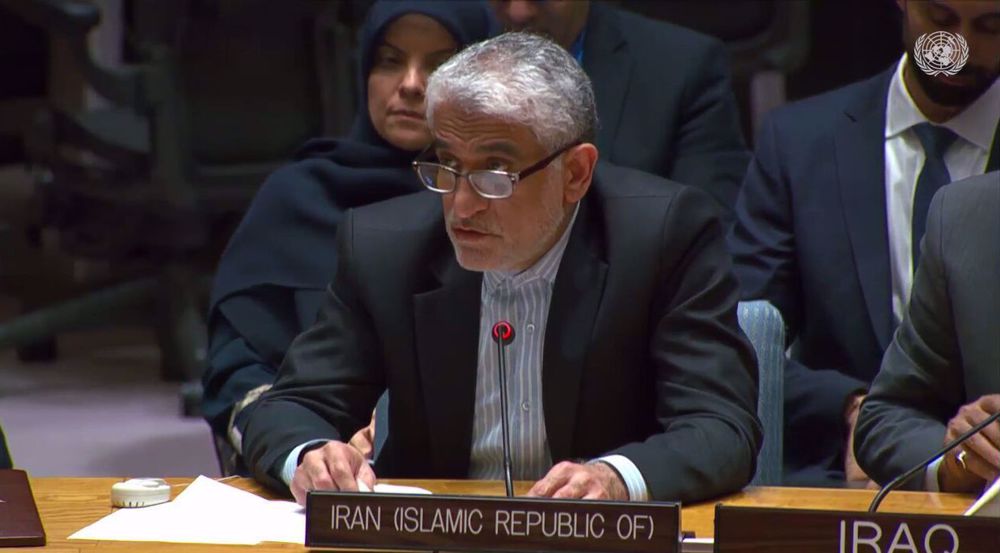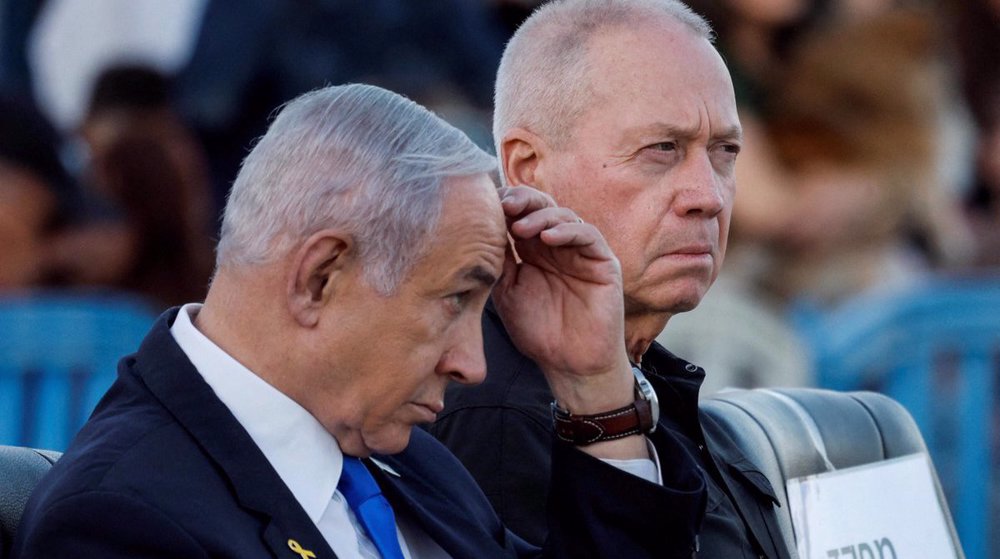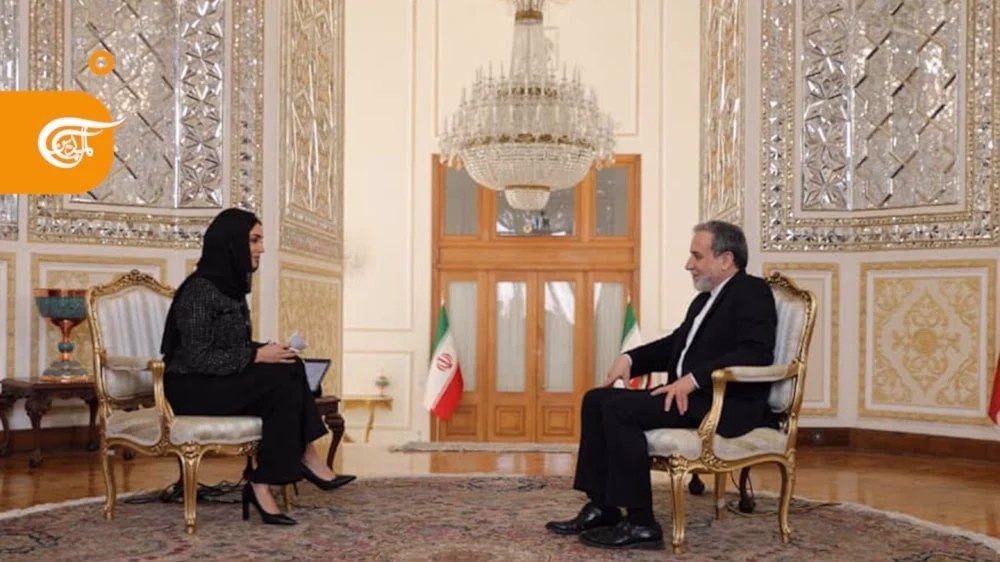Truce imposed on Syria to boost terrorists: Iran official
A senior Iranian official says a ceasefire in Syria had been imposed in order to save foreign-backed militants from a total rout.
The truce, brokered by the US and Russia, went into effect across Syria on February 27, with Secretary of Iran’s Supreme National Security Council (SNSC) Ali Shamkhani saying Monday that it had helped Takfiri groups recover from their losses.
“In Syria, humiliating defeats of the terrorist groups which have the backing of certain regional countries, led to the imposition of a ceasefire that helped them recover in northern Syria where they faced a rout,” he said.
“The Islamic Republic of Iran, while supporting the ceasefire, was aware that the truce should not pave the way for terrorist groups to regain their power,” he added.
During the ceasefire, Shamkhani said, terrorists entered Syria from neighboring countries and seized Khan Tuman in Aleppo in early May.
Iran’s Islamic Revolution Guards Corps (IRGC) said earlier this month that 13 of its military advisers had been killed and 21 others wounded in Khan Tuman.
Shamkhani’s remarks came as a report by the Associated Press said al-Qaeda’s branch in Syria has recruited thousands of militants since the truce went into effect.

The reinforcement of the terrorist group is “illustrating how the ceasefire put in place by Russia and the United States to weaken the militants has in many ways backfired,” according to the report.
Since March, Nusra Front has recruited 3,000 new militants, including teenagers, in comparison to an average of 200 to 300 a month before, AP quoted the so-called Syrian Observatory for Human Rights as saying.
Shamkhani, however, gave an upbeat assessment of developments around the Syrian capital and Aleppo, where government forces have been tightening the noose around militant groups.
The official said Sunday's resignation of chief negotiator of the Saudi-based opposition in Syria heralds “bright prospects” for diplomatic efforts aimed at restoring peace to Syria.
Mohammed Alloush, a senior figure with the Jaish al-Islam militant group in the so-called High Negotiations Committee (HNC), said Sunday that he was resigning over what he called the failure of peace talks.
“After he (Alloush) failed to fulfill his objectives through military means, he wanted to accomplish his goals politically,” said Shamkhani
The latest peace talks on Syria were suspended on April 27 after the opposition abandoned them and declared a “new war” on the Syrian government.
Jordan sentences former lawmaker for supporting Palestinian resistance
Basij volunteer forces hold massive drills in southwestern Iran
Israeli war criminals 'not welcome', US city says after ICC ruling
US vetoing of Gaza ceasefire resolution ‘disgraceful’: Iran’s UN envoy
VIDEO | IAEA adopts anti-Iran resolution tabled by E3
VIDEO | Iran's president urges Pope to help end Israel's onslaught in Gaza
Iran's senior legal official: ICC arrest warrant for Netanyahu ‘great victory'
Nov. 21: ‘Axis of Resistance’ operations against Israeli occupation















 This makes it easy to access the Press TV website
This makes it easy to access the Press TV website